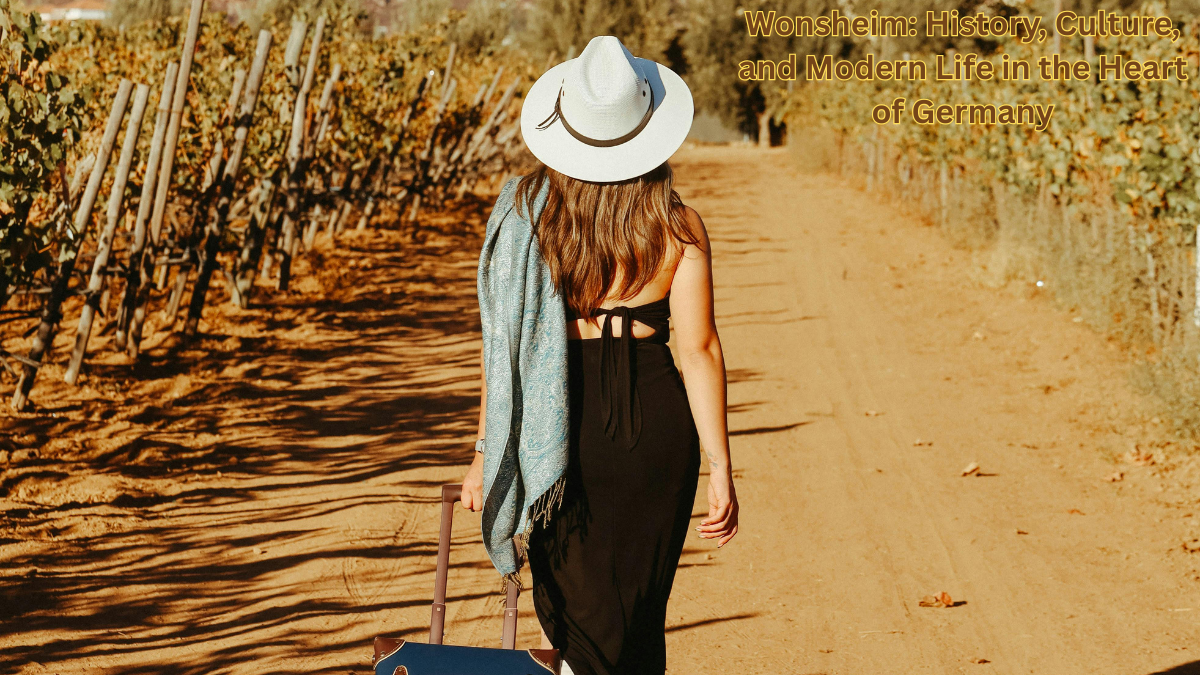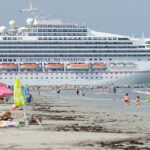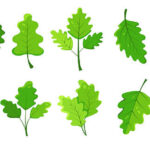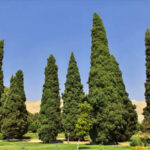Wonsheim is a small yet captivating municipality in Germany’s Rhineland-Palatinate region, offering visitors and residents a unique glimpse into traditional German life. Nestled amid vineyards, rolling hills, and historic architecture, Wonsheim combines natural beauty with cultural richness, making it a destination of both historical and contemporary significance. For anyone searching for insights into rural German communities, this guide provides a detailed exploration of Wonsheim’s history, geography, culture, economy, and everyday life. By the end of this article, you’ll have a comprehensive understanding of why Wonsheim is more than just a dot on the map—it’s a living testament to Germany’s regional diversity.
Geography and Location
Wonsheim is located in the Alzey-Worms district within the state of Rhineland-Palatinate, Germany. Positioned approximately 40 kilometers west of Mainz, it benefits from easy access to major cities while maintaining its rural charm. The town lies in the heart of the Rheinhessen wine region, known for its fertile soil and favorable climate. Wonsheim is characterized by gentle slopes, lush vineyards, and scattered woodlands that enhance the scenic quality of the area.
| Feature | Details |
|---|---|
| State | Rhineland-Palatinate |
| District | Alzey-Worms |
| Area | 4.76 km² |
| Population | Approx. 1,000 residents |
| Elevation | 200 meters above sea level |
| Postal Code | 55234 |
| Climate | Oceanic with warm summers and mild winters |
The town’s location makes it an ideal stop for travelers seeking wine tourism, hiking, or a quiet retreat in the German countryside. Its proximity to the Rhine River and neighboring cities like Mainz and Worms adds both convenience and historical relevance, as the region has been a crossroads of trade and culture for centuries.
Historical Overview
Wonsheim has a history that spans several centuries, with its origins tracing back to the medieval period. The first documented mention of Wonsheim dates back to the 8th century, highlighting its long-standing presence in the Rhineland. Historically, the town was part of various regional powers, including the Holy Roman Empire and later the Grand Duchy of Hesse, before becoming part of modern Germany.
Key Historical Milestones
| Century | Event |
|---|---|
| 8th | Wonsheim first documented in local chronicles. |
| 13th | Development of early wine cultivation practices in the area. |
| 17th | Affected by Thirty Years’ War, with partial destruction and subsequent reconstruction. |
| 19th | Integration into the Grand Duchy of Hesse. |
| 20th | Modern infrastructure development and preservation of historical architecture. |
The town’s long history is visible in its architecture, including half-timbered houses, centuries-old churches, and remnants of fortifications. Wonsheim’s preservation of historical structures has contributed to its charm and made it a point of interest for cultural tourism
Culture and Community Life
Wonsheim’s culture reflects the broader traditions of the Rheinhessen region, emphasizing local festivals, culinary delights, and community gatherings. The town maintains a strong sense of community, with residents actively participating in cultural and social events.
Festivals and Events
Wonsheim hosts several annual events that celebrate both its heritage and contemporary life:
- Wine Festivals: Celebrating the region’s viticulture, these festivals feature local wines, music, and traditional foods.
- Harvest Festivals: Marking the end of the grape harvest season, with parades, dancing, and communal meals.
- Christmas Markets: A seasonal highlight where handcrafted goods and local delicacies are sold.
These events not only strengthen community bonds but also attract tourists, providing an immersive experience of Wonsheim’s traditions.
Economy and Viticulture
Wine production is the backbone of Wonsheim’s economy. The town is part of the Rheinhessen wine region, Germany’s largest wine-producing area. Vineyards surrounding Wonsheim cultivate popular grape varieties such as Riesling, Silvaner, and Dornfelder. Small-scale wineries often combine traditional practices with modern techniques to produce high-quality wines, contributing to both local employment and tourism.
Wonsheim Wine Data
| Grape Variety | Characteristics | Production Volume |
|---|---|---|
| Riesling | Crisp, aromatic, with notes of citrus and green apple | High |
| Silvaner | Light, earthy, suitable for pairing with local cuisine | Medium |
| Dornfelder | Rich, fruity, with deep red color | Medium |
| Müller-Thurgau | Floral, semi-sweet, popular for casual drinking | Low |
Beyond viticulture, Wonsheim’s economy benefits from small businesses, local artisans, and tourism. Many residents commute to nearby cities for work, blending rural and urban economic influences.
Architecture and Landmarks
Wonsheim’s architectural landscape reflects both historical depth and modern functionality. Visitors can explore a mix of medieval buildings, traditional half-timbered homes, and modern residential areas. Notable landmarks include:
- St. Peter and Paul Church: A historical church featuring Gothic architectural elements and stained-glass windows.
- Historic Vineyards: Some vineyards have been maintained for centuries, offering insights into traditional winemaking techniques.
- Community Center: Serves as a hub for local events, meetings, and cultural activities.
These landmarks provide a visual narrative of Wonsheim’s evolution, showcasing the town’s ability to honor its past while accommodating modern needs.
Lifestyle and Local Amenities
Life in Wonsheim is characterized by a slow pace, community engagement, and strong connections to nature. The town offers basic amenities such as schools, healthcare facilities, and grocery stores, ensuring residents enjoy a balanced lifestyle. Outdoor enthusiasts benefit from hiking trails, cycling routes, and access to nearby natural reserves.
Key Amenities
| Amenity Type | Availability |
|---|---|
| Schools | Primary and secondary schools within 10 km |
| Healthcare | Local clinic, with hospitals in nearby towns |
| Public Transport | Bus connections to Alzey and Mainz |
| Sports & Recreation | Hiking trails, sports clubs, and community parks |
The lifestyle in Wonsheim appeals to families, retirees, and individuals seeking a quieter pace of life away from urban congestion.
Tourism and Attractions
Tourism in Wonsheim is largely driven by its wine culture, natural beauty, and historical landmarks. Visitors can enjoy guided vineyard tours, wine tastings, and scenic walks that reveal the town’s pastoral charm. Bicycle tours are also popular, as they provide a leisurely way to explore the surrounding countryside.
| Attraction Type | Description |
|---|---|
| Vineyards | Participate in wine tastings and vineyard tours |
| Historical Sites | Explore churches, half-timbered houses, and town squares |
| Outdoor Activities | Hiking, cycling, and nature photography |
| Local Cuisine | Traditional German restaurants serving regional specialties |
The tourism industry in Wonsheim focuses on sustainability and authentic experiences, ensuring that visitors leave with lasting impressions of local culture and hospitality.
Transportation and Accessibility
Wonsheim is accessible via regional road networks and public transport connections. While the town does not have a major train station, nearby cities provide convenient rail access to larger metropolitan areas. For travelers arriving by car, Wonsheim offers parking facilities and well-maintained roads leading to vineyards and attractions.
- Nearest Major City: Mainz (approx. 40 km)
- Public Bus Services: Connects Wonsheim to Alzey, Worms, and Mainz
- Road Network: Local roads and highways connecting to B420 and A61
The town’s accessibility makes it an attractive option for both short visits and longer stays in the region.
Education and Research
Although Wonsheim is small, it maintains access to quality education. Local schools provide primary and secondary education, with vocational and higher education institutions located in nearby cities. Additionally, the region’s focus on viticulture offers opportunities for research and training in agricultural sciences and wine production.
| Education Level | Details |
|---|---|
| Primary School | Available in town |
| Secondary School | Located within 10 km |
| Vocational Training | Focus on viticulture, agriculture, and tourism |
| Higher Education | Universities in Mainz and Worms |
This combination of local education and nearby institutions ensures that residents have opportunities for personal and professional growth.
Environmental Sustainability
Wonsheim has embraced sustainable practices, particularly in viticulture and land management. Local wineries often use organic farming techniques, while community initiatives focus on preserving natural habitats and reducing environmental impact. Renewable energy projects, such as solar panels on residential and commercial buildings, are gradually becoming more common.
| Sustainability Initiative | Description |
|---|---|
| Organic Vineyards | Reducing chemical pesticides and fertilizers |
| Renewable Energy | Solar panels on homes and public buildings |
| Waste Management | Recycling and composting programs |
| Nature Conservation | Protection of local forests and wildlife |
Sustainability in Wonsheim reflects a broader commitment to balancing economic development with environmental responsibility.
Local Cuisine and Gastronomy
Rheinhessen’s culinary tradition is well represented in Wonsheim, where local restaurants serve regional specialties that pair perfectly with wines produced in the area. Signature dishes include:
- Sauerbraten: A marinated pot roast, often served with potato dumplings.
- Spätzle: Soft egg noodles commonly enjoyed with hearty sauces.
- Wurst Variants: Local sausages featuring traditional German recipes.
- Rheinhessen Wines: Complement meals with Riesling, Silvaner, and Dornfelder wines.
Local food markets offer fresh produce and artisanal products, reflecting the town’s connection to agriculture and regional flavors.
Wonsheim in Modern Germany
Today, Wonsheim balances tradition and modernity. While its vineyards and historical architecture preserve the town’s heritage, investments in infrastructure, education, and sustainability ensure it remains relevant in contemporary Germany. Community life is vibrant, with active clubs, cultural events, and social programs fostering engagement and inclusion.
The town also benefits from the growing trend of rural tourism, as more visitors seek authentic experiences away from urban centers. Wonsheim’s combination of scenic landscapes, historical richness, and cultural vitality makes it a hidden gem in Rhineland-Palatinate.
Future Prospects
Wonsheim’s future appears promising, driven by tourism, viticulture, and community development. Continued investment in sustainable practices, digital infrastructure, and cultural preservation will likely enhance both quality of life for residents and appeal for visitors. Additionally, collaborations with neighboring towns can strengthen economic and educational opportunities, ensuring long-term prosperity.
FAQs about Wonsheim
1. What is Wonsheim famous for?
Wonsheim is renowned for its vineyards, wine production, and historic architecture in the Rhineland-Palatinate region.
2. How can I get to Wonsheim?
The town is accessible by regional buses and nearby highways, with Mainz being the closest major city for train connections.
3. What festivals are held in Wonsheim?
Wonsheim hosts wine festivals, harvest celebrations, and Christmas markets that showcase local culture and traditions.
4. Are there outdoor activities in Wonsheim?
Yes, hiking, cycling, and nature walks are popular due to the scenic vineyards, forests, and countryside trails.
5. Is Wonsheim suitable for families to live in?
Absolutely. Wonsheim offers a peaceful lifestyle, local schools, healthcare access, and community engagement ideal for families.
Conclusio
Wonsheim represents a harmonious blend of history, culture, and modern living within Germany’s Rhineland-Palatinate region. Its vineyards, festivals, historic architecture, and vibrant community life offer both residents and visitors an authentic experience of rural Germany. With its focus on sustainability, education, and cultural preservation, Wonsheim exemplifies how small towns can maintain relevance while honoring tradition. Whether you are a wine enthusiast, history buff, or nature lover, Wonsheim provides an enriching and memorable experience that extends far beyond its modest size.











